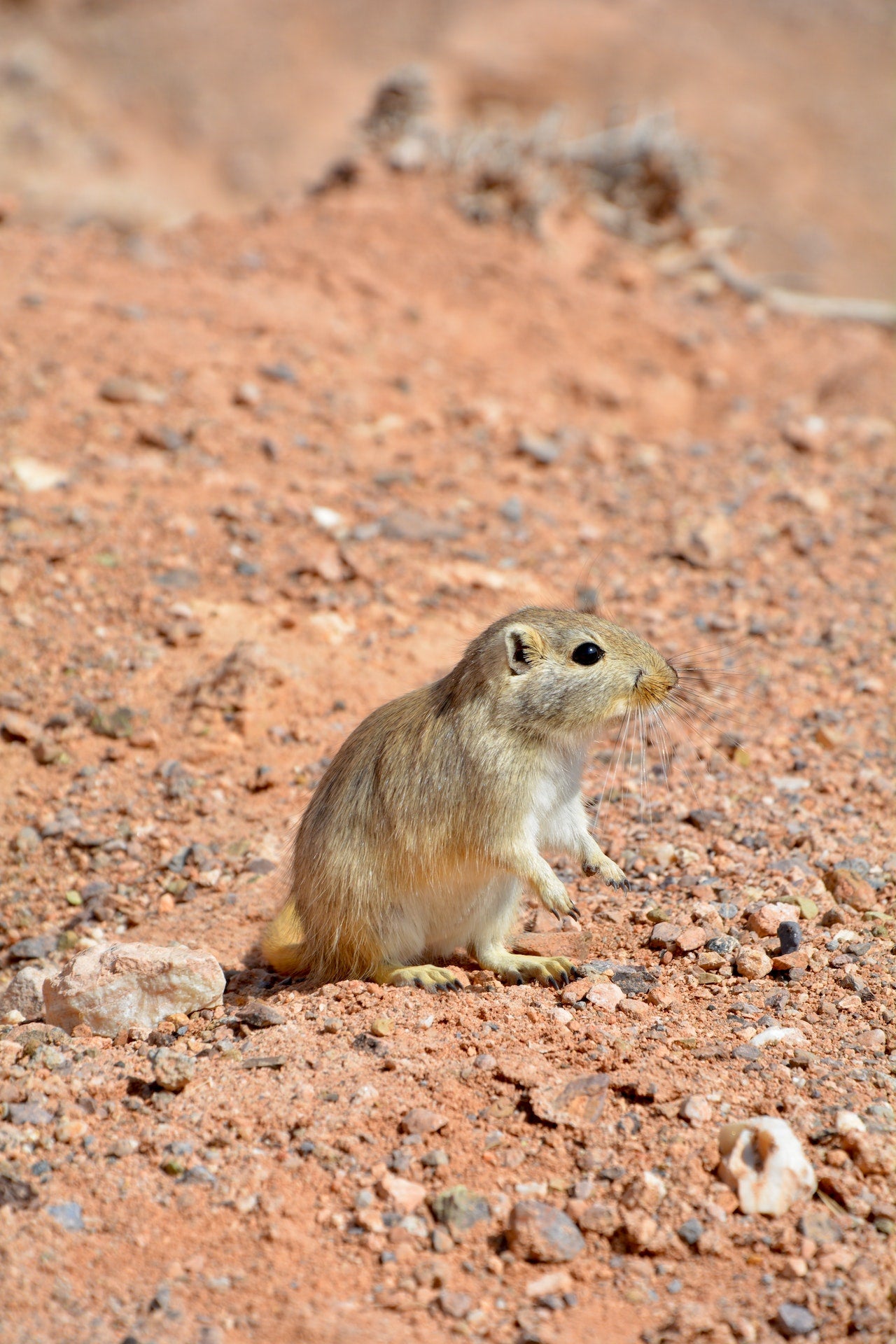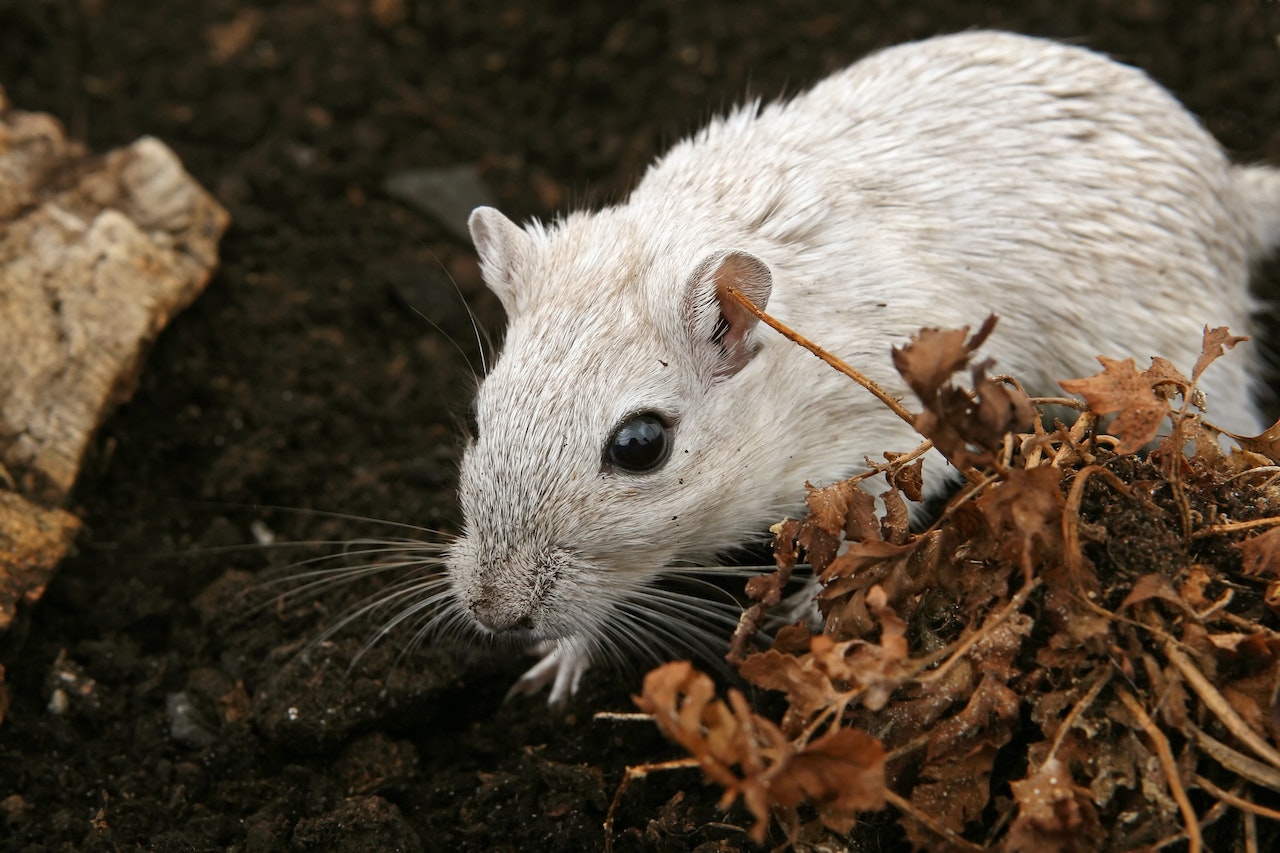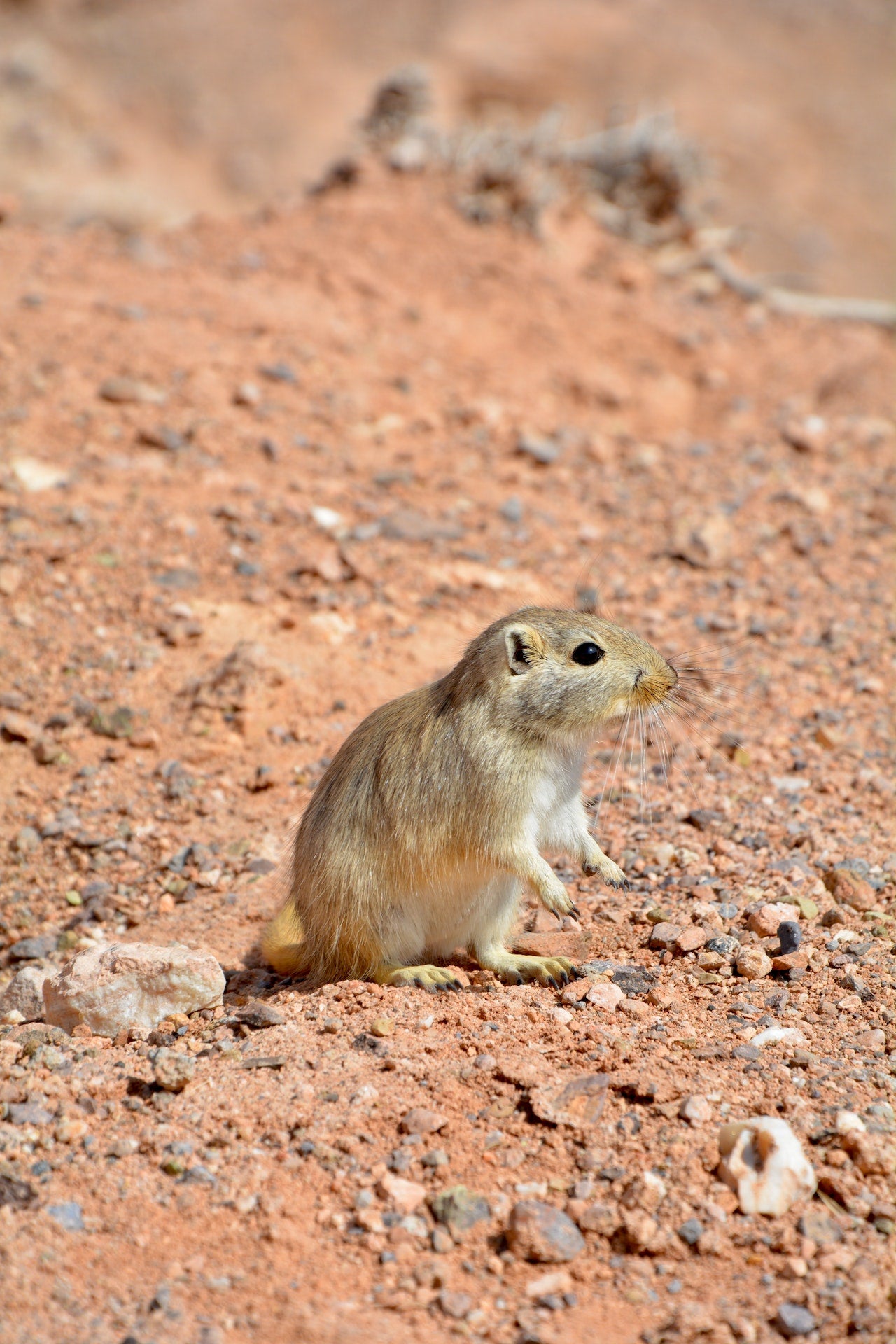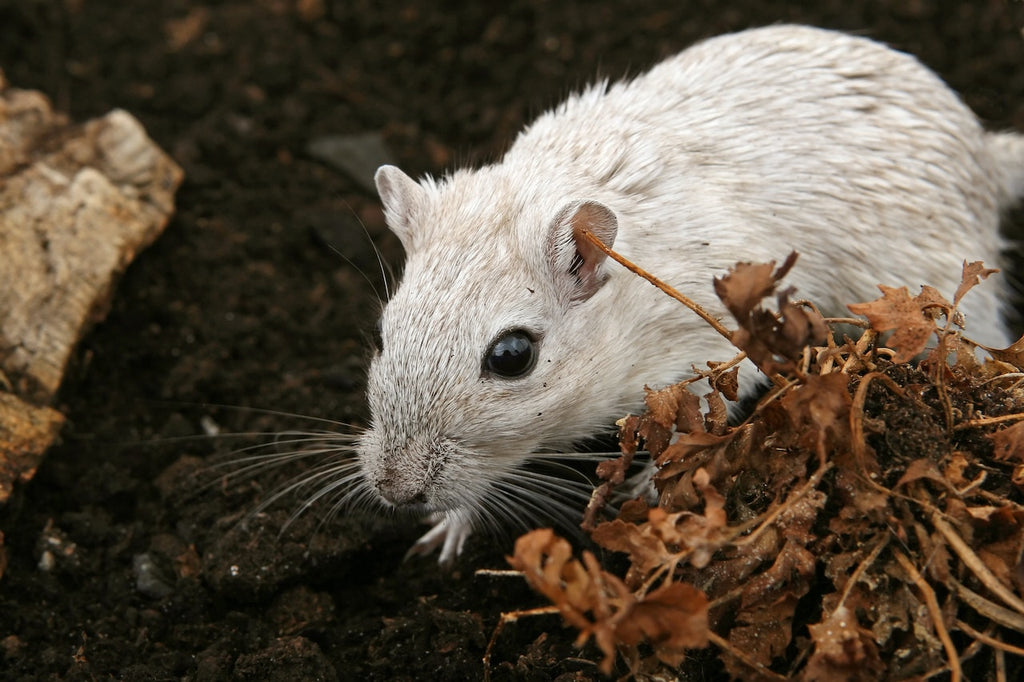
Gerbils are small, curious creatures that require a balanced and carefully curated diet to maintain their health and well-being. As responsible gerbil owners, it's essential to understand which foods are safe for our furry friends. In this article, we will delve into the topic of whether gerbils can safely consume mushrooms, shedding light on the potential risks and benefits associated with feeding mushrooms to gerbils.
Comprehending the Dietary Requirements of Gerbils
Before exploring the safety of mushrooms for gerbils, it's crucial to have a basic understanding of their nutritional needs. Gerbils are omnivorous rodents, meaning they can consume both plant-based and animal-based foods. Their diet primarily consists of grains, seeds, fresh fruits, and vegetables. Gerbils require a balanced intake of proteins, carbohydrates, fats, vitamins, and minerals to thrive. With this foundation in mind, let's examine the suitability of mushrooms as a potential addition to their diet.
Types of Mushrooms and Their Toxicity
Mushrooms are a diverse group of fungi, and not all mushrooms are safe for consumption by humans or animals. Some varieties of mushrooms can be toxic and pose a significant health risk to gerbils. It's essential to differentiate between edible mushrooms and toxic ones.
Edible mushrooms, such as button mushrooms or cremini mushrooms, are generally safe for human consumption. However, when it comes to gerbils, caution is warranted. Many species of mushrooms contain compounds that are toxic to small animals like gerbils. These toxic compounds can cause gastrointestinal distress, liver damage, or even be fatal.
Toxic mushrooms, including some wild or foraged varieties, often contain toxins such as muscarine or amatoxins. These toxins can have severe adverse effects on the liver, kidneys, or nervous system of gerbils. It is crucial to prevent gerbils from accessing wild mushrooms or any mushrooms of unknown origin.
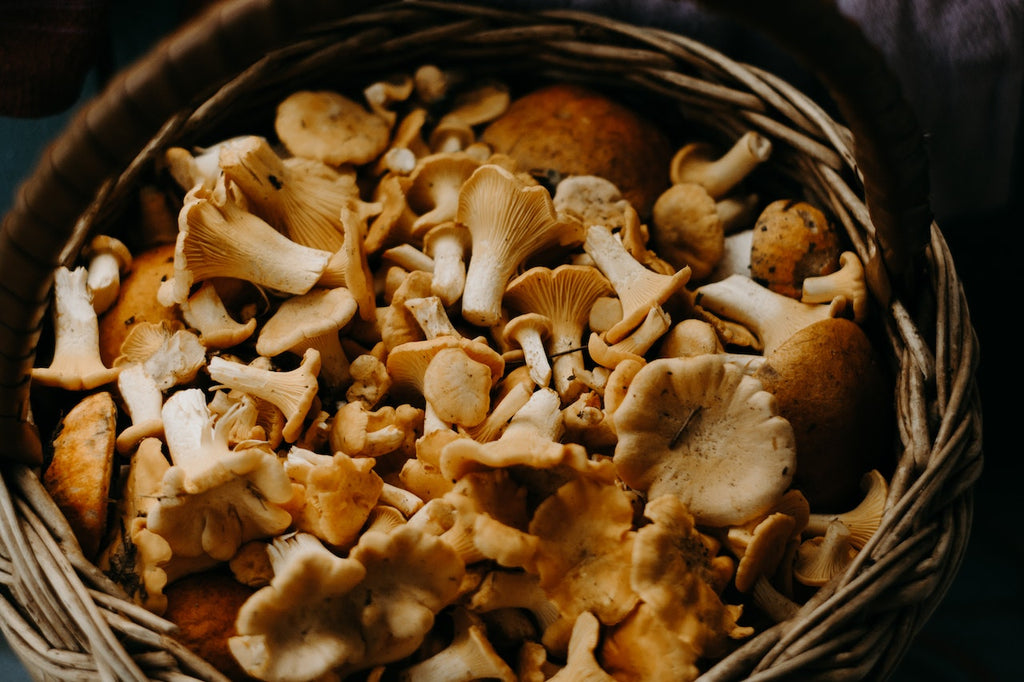
Possible Dangers Linked to Giving Gerbils Mushrooms.
Feeding mushrooms to gerbils carries several potential risks that should be taken into consideration before introducing them to their diet.
Toxicity
As mentioned earlier, certain species of mushrooms contain toxins that can be harmful or even deadly to gerbils. Even if a mushroom is safe for human consumption, it doesn't guarantee its safety for gerbils. It's best to err on the side of caution and avoid feeding mushrooms to gerbils altogether.
Digestive Issues
Gerbils have sensitive digestive systems, and introducing unfamiliar or potentially irritating foods can lead to digestive upset. Mushrooms may be challenging for gerbils to digest properly, leading to diarrhea, bloating, or discomfort.
Immune Responses
Similar to people, gerbils may exhibit allergies or intolerances to specific dietary items. Mushrooms are among the common allergenic foods, and feeding them to gerbils could trigger allergic reactions, including skin rashes, itching, or respiratory distress.
Considering these risks, it is generally recommended to avoid feeding mushrooms to gerbils to ensure their well-being and prevent any potential health complications. Instead, focus on providing a varied diet consisting of gerbil-safe foods that meet their nutritional requirements.
Gerbil-Safe Food Alternatives
While mushrooms may not be suitable for gerbils, there are plenty of other safe and nutritious food options to include in their diet. Here are some gerbil-safe alternatives to consider:
Fresh Vegetables
Gerbils can enjoy a variety of fresh vegetables, such as carrots, bell peppers, broccoli, and leafy greens like spinach or kale. These provide essential vitamins and minerals while adding variety to their diet.
Fruits
Offer small amounts of fruit as occasional treats for gerbils. Suitable options include apples, pears, bananas, and berries. Remember to remove any seeds or pits, as they can be choking hazards.
Grains and Seeds
Gerbils require grains and seeds as a significant part of their diet. Provide them with small amounts of whole grains like oats, barley, and millet. Seeds like sunflower seeds and pumpkin seeds can also be added in moderation.
Hay and Pellets
High-quality hay and gerbil-specific pellets should form the basis of their diet. These provide essential fiber, vitamins, and minerals to support their overall health.
Nuts and Legumes
Gerbils can enjoy occasional small portions of nuts like almonds or peanuts. Legumes like lentils and chickpeas can also be offered in small quantities.
By focusing on a well-balanced diet consisting of gerbil-safe foods, you can ensure that your gerbil receives the necessary nutrients without the potential risks associated with mushrooms.
Conclusion
In conclusion, when it comes to the question of whether gerbils can eat mushrooms, it is generally advised to avoid feeding mushrooms to gerbils. While some species of mushrooms are safe for human consumption, many varieties can be toxic to gerbils and pose significant health risks.
To ensure the well-being of your gerbil, it is crucial to provide a balanced diet that meets their nutritional needs. Focus on offering a variety of gerbil-safe foods such as fresh vegetables, fruits, grains, seeds, hay, and pellets. These foods provide the necessary nutrients for your gerbil's health and vitality without the potential risks associated with mushrooms.
Remember, the digestive system of gerbils is sensitive, and introducing unfamiliar or potentially harmful foods can lead to digestive issues or allergic reactions. Remember, the wellbeing of your gerbil is paramount. If you have any dietary concerns, it's always wise to seek advice from a veterinary professional.
By understanding the nutritional needs of gerbils and making informed choices about their diet, you can ensure that your furry friend remains healthy and happy for years to come.
We hope this article has provided valuable insights into the safety of feeding mushrooms to gerbils and has helped deepen your understanding of their dietary needs.
Additional Tips for Gerbil Care
While we have focused specifically on the suitability of mushrooms for gerbils, it's essential to consider other aspects of gerbil care to ensure their overall well-being. Here are some additional tips to keep in mind:
- Clean Water: Provide fresh, clean water to your gerbil at all times. Use a water bottle with a sipper tube to prevent spillage and contamination.
- Cage Environment: Create a suitable living environment for your gerbil by providing a spacious cage with bedding, hiding spots, and toys for mental and physical stimulation.
- Social Interaction: Gerbils are social animals and thrive in pairs or small groups. Consider providing companionship for your gerbil through same-sex pairs or compatible groupings.
- Regular Veterinary Check-ups: Schedule regular visits to a veterinarian who specializes in small animals. They can ensure your gerbil is healthy and address any potential health concerns.
- Exercise and Enrichment: Allow your gerbil to exercise outside of their cage in a safe and secure area. Offer toys, tunnels, and wheels to promote physical activity and mental stimulation.
By incorporating these tips into your gerbil care routine, you can provide a nurturing and enriching environment for your furry companion.

